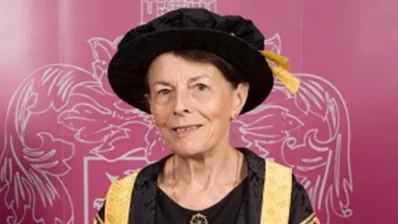In a significant academic achievement, Dr. Luca Trenta, an associate professor of International Relations at Swansea University, has been awarded the Richard E. Neustadt Book Prize for his work titled "The President’s Kill List: Assassination in US Foreign Policy Since 1945." The book provides a detailed examination of the United States government's involvement in assassinations from the Cold War era to the present.
Dr. Trenta's book uncovers various assassination methods used by the US government, including poison and sniper rifles, and explores how policymakers made decisions regarding these actions. It also highlights the extent of presidential control over such decisions and analyzes how successive administrations have justified these controversial practices both privately and publicly.
The Richard E. Neustadt Book Prize is organized by the American Politics Group (APG) of the Political Science Association. This prestigious award is given annually to the best book focusing on US government and politics, including political history and foreign policy.
Dr. Trenta is recognized for his expertise in US foreign policy, particularly in covert operations and assassinations. His previous accolades include the 2017 British Academy Rising Star Engagement Award for his project on covert action.
Upon receiving news of his award, Dr. Trenta expressed gratitude towards APG colleagues who have supported him throughout his academic career. He stated: "It was fantastic to receive the news about the Richard Neustadt Prize for my The President’s Kill List."
Dr. Trenta explained that his book aims to challenge common perceptions about state-sponsored assassinations, often viewed as actions taken by non-Western states. He emphasized that assassination has been a consistent element of US foreign policy since the early Cold War period.
"In recent months," Dr. Trenta noted, "state-sponsored assassinations and suspected assassinations have received increased attention in the news... The recurrence and resilience of assassination as a foreign policy practice in US foreign policy also helps us challenge the (self) image of the United States as the leader of a liberal and rule-based international order."

